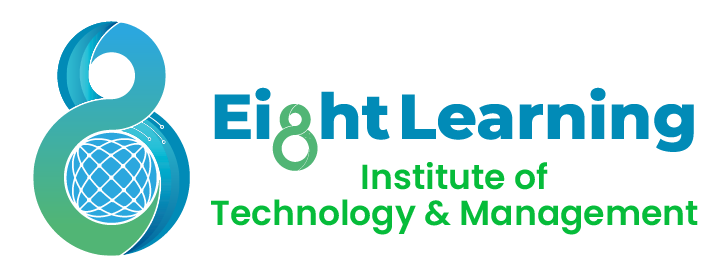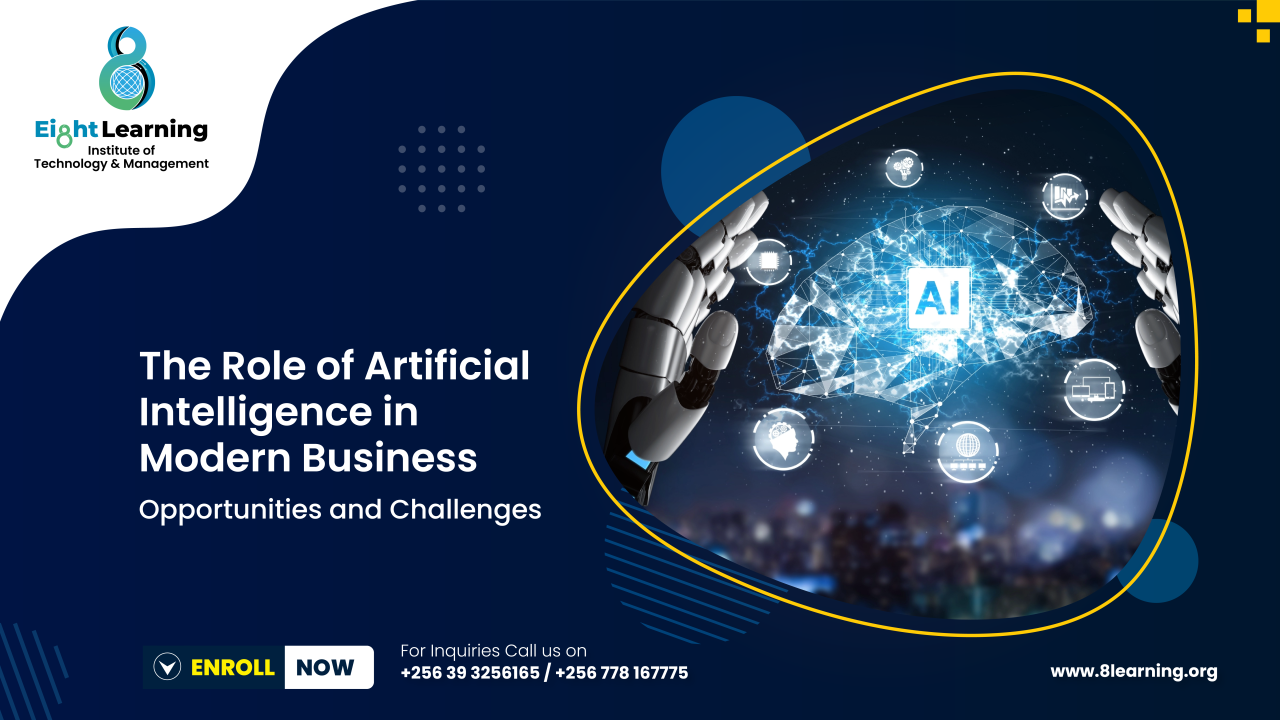In today’s fast-paced business landscape, artificial intelligence (AI) is not just a buzzword; it’s a transformative force reshaping how organizations operate. From automating mundane tasks to driving innovation, AI offers a wealth of opportunities for businesses willing to embrace this technology. However, along with these exciting prospects come significant challenges that require careful consideration. Let’s dive deeper into how AI can benefit your organization and the hurdles you might encounter along the way.
Unlocking Opportunities with AI
- Boosting Operational Efficiency Imagine your team spending less time on repetitive tasks and more time on creative problem-solving. AI can automate routine operations—think data entry, scheduling, and customer inquiries—freeing your employees to focus on higher-value activities that require human insight and innovation. This shift not only enhances productivity but also fosters a more engaged workforce.
- Empowering Data-Driven Decisions In a world awash with data, making sense of it all can be daunting. AI excels at analyzing vast datasets quickly, uncovering trends, patterns, and actionable insights that can inform your decision-making process. By leveraging these insights, businesses can make more informed choices, identify growth opportunities, and refine strategies to meet customer needs more effectively.
- Enhancing Customer Experiences Today’s consumers expect personalized interactions, and AI can help meet these expectations. AI-powered chatbots can provide immediate assistance, while machine learning algorithms can deliver personalized recommendations based on user preferences. These advancements not only improve customer satisfaction but also build loyalty, driving repeat business and positive word-of-mouth.
Navigating Challenges Along the Way
- Addressing Ethical Considerations As AI systems take on more decision-making roles, it’s crucial to consider the ethical implications. Issues of bias in AI algorithms and the need for transparency in how decisions are made are becoming increasingly important. Businesses must prioritize ethical AI practices, ensuring that their systems are fair, transparent, and accountable to foster trust among customers and stakeholders.
- Understanding Implementation Costs Integrating AI into existing business frameworks is not without its challenges. The costs associated with AI implementation—such as purchasing technology, training staff, and ensuring system compatibility—can be significant. Organizations need to plan carefully and assess their resources to effectively incorporate AI without disrupting their current operations.
- Mitigating Workforce Impact While AI can lead to increased efficiency, it may also result in job displacement as automation takes over certain tasks. It’s essential for businesses to proactively address this shift by investing in upskilling and reskilling initiatives for their workforce. By preparing employees for new roles that emerge as a result of AI integration, organizations can create a more resilient and adaptable workforce.
As we stand on the brink of an AI-driven future, businesses need to explore the potential of this technology while remaining mindful of its ethical implications and impact on the workforce. By balancing innovation with responsibility, organizations can leverage AI not just for immediate gains but for sustainable success in the long run.
Staying informed about the latest trends and developments in AI will be key to navigating this evolving landscape.





